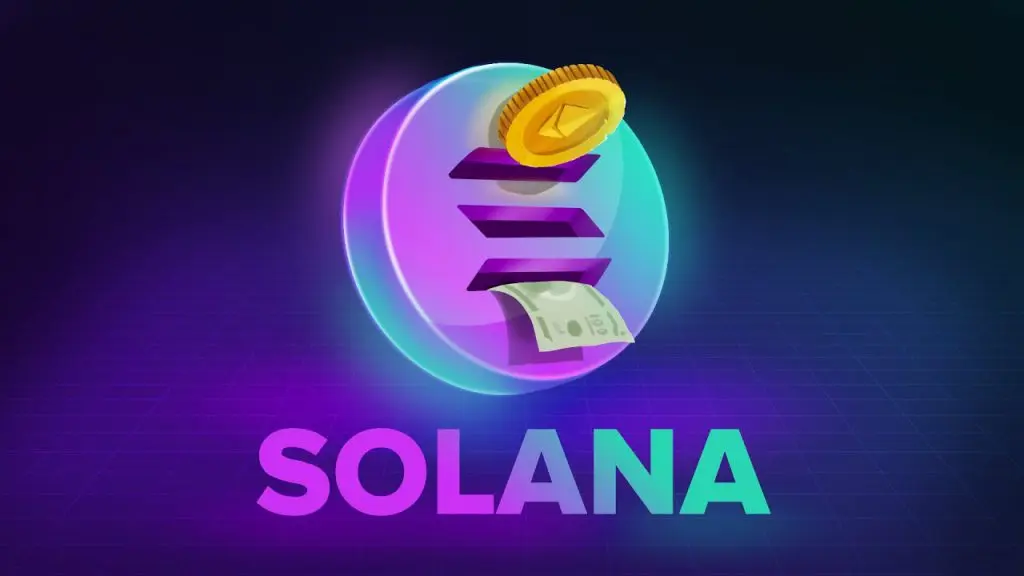A core contributor to the Solana-based Cypher Protocol, known only as “hoak,” has admitted to stealing approximately $260,000 in cryptocurrencies and subsequently gambling it away. This disclosure follows a previous incident where the protocol was exploited for $1 million in 2023.
The Admission and Its Consequences
Hoak’s admission came through a public statement on the social media platform X, following allegations made by another Cypher contributor identified as “Barrett.” Barrett had detailed that hoak made 36 transactions withdrawing assets such as Ether, Bonk (BONK), and Wrapped Solana (wSOL) from Cypher’s redemption contract. This contract was established to manage the recovery of funds lost during last year’s exploit.
In his statement, hoak expressed remorse, acknowledging the severity of his actions, “likely nothing I say or do will make things better—perhaps other than rotting in jail.” He attributed his behavior to a “crippling gambling addiction” and other unchecked psychological factors, exacerbated by personal and career pressures.
Impact on Cypher Protocol
The revelation has sent ripples through the Cypher community, particularly because hoak was a trusted figure who had stayed on to help rebuild the project after the initial exploit. His actions not only led to significant financial loss but also potentially damaged the trust and integrity of the Cypher Protocol.
Also Read: El Salvador Embraces Bitcoin with Unique Cold Wallet Strategy
Following the exploit in August 2023, which saw the loss of $1 million in Solana and USD Coin, the protocol had managed to freeze $600,000 of the stolen assets. The creation of the redemption contract was a part of a broader recovery plan to reimburse affected users, a plan that hoak’s actions have now undermined.
Legal and Community Reaction
The situation has prompted Barrett to notify law enforcement of hoak’s actions, suggesting potential legal repercussions. The community and other stakeholders in the cryptocurrency sphere are closely watching the developments, concerned about the implications for security and governance within decentralized finance platforms.
Hoak’s case highlights the vulnerabilities and challenges faced by cryptocurrency projects, emphasizing the need for rigorous security measures and oversight to prevent misuse of funds by insiders. It also raises questions about the support systems in place for individuals struggling with addiction and other personal issues within high-pressure tech environments.
